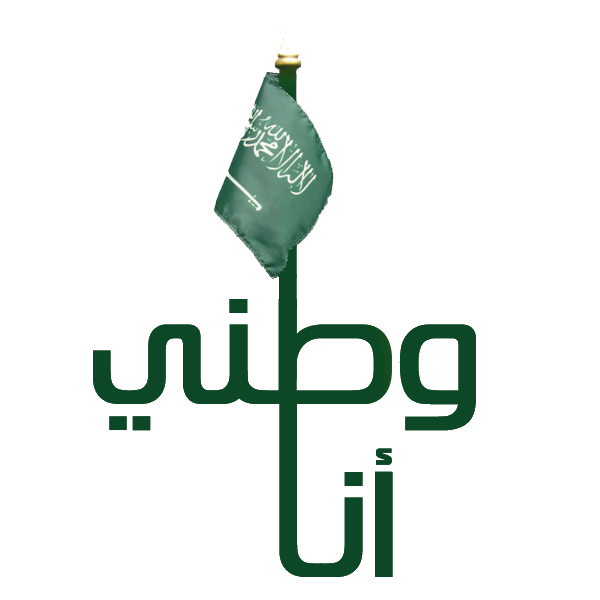رد: متابعة زيارة الرئيس الأمريكي للسعودية
انتهت الزيارة و غادر أوباما مودعا من قبل الامير خالد بن بندر ، المؤشرات من تغطية الصحافة الامريكية المرافقة انه لم يكن هناك اي تقدم جوهري في ملف سوريا و تكرار للتطمينات السابقة حول الحرص على ان تكون الاتفاقية النووية مع ايران محكمة.
الله اعلم عن تفاصيل ما دار لكن البوادر الأولية لا أراها إيجابية.
انتهت الزيارة و غادر أوباما مودعا من قبل الامير خالد بن بندر ، المؤشرات من تغطية الصحافة الامريكية المرافقة انه لم يكن هناك اي تقدم جوهري في ملف سوريا و تكرار للتطمينات السابقة حول الحرص على ان تكون الاتفاقية النووية مع ايران محكمة.
الله اعلم عن تفاصيل ما دار لكن البوادر الأولية لا أراها إيجابية.



تعليق